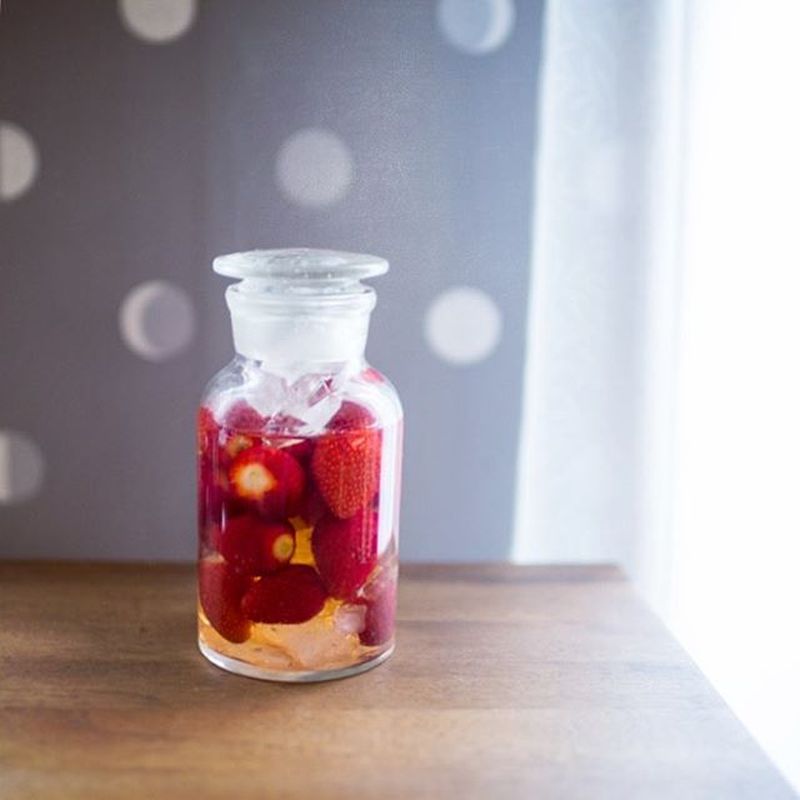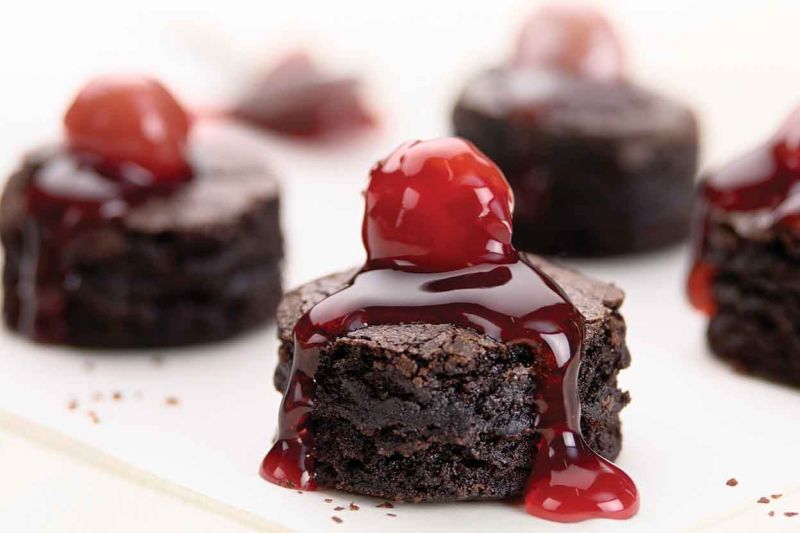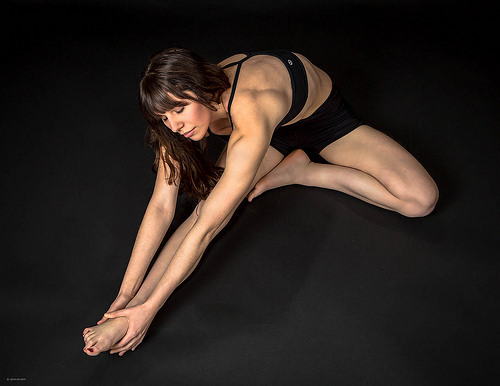Maximize your workout by eating strategically

Is it ok to eat before a workout? What about after? You heard carbs are good, so is working out an excuse to gorge on spaghetti and garlic bread? Or should you wait until you’re absolutely starving before you eat something? Are protein shakes only for men? (You don’t want to look like the Hulk!)
Navigating the world of nutrition and exercise can be overwhelming and leave you feeling like you need an advanced degree in food science to keep up. Food trends and workout routines that promise a “killer bikini body in 5 minutes a day” can be contradictory and confusing. But when it comes to exercise, most people have the same goal in mind. We want to burn the maximum amount of calories, feel energized and strong, and get the most out of our workouts. To achieve this, we really only need to follow a few basic guidelines. In addition to getting a good night’s sleep and staying hydrated, it’s all about eating the right foods at the right times.
There seems to a dangerous myth floating around that exercising on an empty stomach will somehow help you burn more fat. People wake up hungry and try to wait as long as possible before eating, even if they’re approaching an early morning workout. Not only is that untrue, but it’s actually detrimental to your body and the results of your workout- the explanation is pretty simple.
Your body needs fuel (sugar) to perform exercise. If you deprive yourself of this blood sugar, your body will go into survival mode. In doing so, it seeks out other fuel and converts muscle tissue into energy. So by denying yourself food before a workout, you could actually lose muscle mass! This also slows your metabolism and makes it harder to lose weight.
Equally important, you won’t have the energy to perform a high-intensity workout. As a result, you won’t burn as many calories. If you’re making the time in your day to exercise, you may as well get the most bang for your buck. Experiencing a blood sugar low will make you feel dizzy, lightheaded and sluggish. If you can’t drive without gas, it makes sense that you can’t exercise without food. Do yourself a favor, and give your body what it needs to get the most out of all the hard work you put in.
In addition to drinking plenty of water throughout the day, try to get in a snack about 30 min to 1 hour before you exercise.
The basic recipe for a pre-workout snack is a combination of a complex carbohydrate and a protein.
Complex carbohydrates are found in foods like beans, peas, whole grains, and vegetables. They’re rich in fiber, minerals and vitamins, and turn to glucose (blood sugar) in the body and are then used as energy. Here are some ideas for a pre-workout meal that won’t make you feel too full and will give you all the right fuel:
Oatmeal with fruit
Oats are rich in fiber, which means that they will pump energy into your bloodstream over a gradual period of time (as opposed to a sugar spike). This will provide you with long-lasting energy to get through that grueling workout
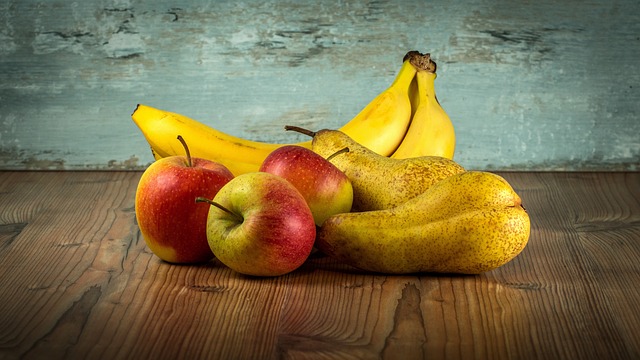
Banana on whole wheat toast with organic peanut butter
Bananas are loaded with digestible carbs and packed with potassium which helps maintain muscle function. Cramps are often caused by a micronutrient deficiency like potassium, which is easily lost through excessive sweating and dehydration. Eating enough potassium is a great preventative measure for avoiding painful muscle cramps.
*Potassium is also found in protein-rich foods and leafy greens*
Greek yogurt and fruit and trail mix
Yogurt is loaded with high-quality protein and fruit is high in the kind of carbohydrates that will help you feel energized in your workout. A common misconception is that all carbs are bad, and people avoid eating them when trying to lose weight. But the carbs in fruit are absorbed and broken down quickly in the body, then converted into fuel. The protein in yogurt is processed slowly, and works to prevent damage from the workout.
Smoothie (with no more than 10-20 grams of protein)
Apple slices with almond butter
Whole wheat crackers with hummus
Brown rice with black beans
Sweet potato with steamed vegetables
Great news for all the java lovers out there!
As long as you’re properly hydrated with good ole H20, drinking coffee (in moderation) before exercising can have amazing benefits. The extra jolt you get from caffeine can help you push a little harder to go that extra mile, and as a result you will see improvements in muscle strength and endurance.
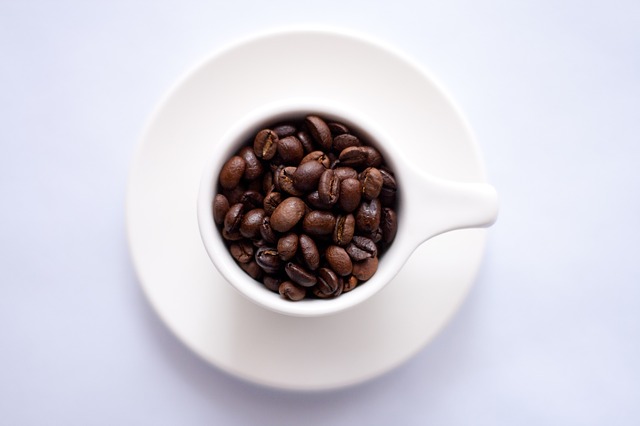
COFFEE contributes to:
Improved circulation
Muscle preservation
Increased focus and memory– leading to more productive and effective workouts
Reduced pain– run faster and longer during cardio workouts, and complete more reps at a higher resistance
Fat burning– drinking coffee can redirect fat cells to be consumed as the source of energy (instead of glycogen)
Disease prevention – coffee has a lot of antioxidants which protect against damage from free radicals (anti-aging)
The DONT’s – What to avoid before exercise
Fatty food- fat takes a long time to leave the stomach. This translates to feeling full, sluggish, and prone to cramps during exercise
Simple carbs (aka processed sugar) – after the sugar rush comes the sugar crash, and that’s the last thing you want in the middle of a workout
The post-workout routine is equally important. While exercising, your body uses the fuel stored in your muscles (glycogen) for energy. After a workout, this glycogen stash is depleted. If you eat or drink a combination of protein and carbohydrates 30 minutes -1hr after exercise, your body can refill its energy stores, and repair muscles that were broken down. This also keeps your metabolism going strong.
In terms of a post workout snack, the sooner you eat it the better. Your body’s ability to replete muscle stores goes down by 50% even 2 hours after a workout. It’s important to plan ahead and bring a snack if you’re not going home post workout, to make the most of all the work you did and to help your body recover properly.
Some ideas for a post-workout snack or meal:
Chocolate milk
It has carbs and protein for muscle recovery, water content to replace the fluids lost as sweat, and calcium, sodium and sugar — these are all ingredients that will help you retain water, recover faster, and feel energized
Protein shake – protein powder alone won’t soothe your aching muscles. Add blueberries, loaded with antioxidants, to aid muscle recovery
Grilled chicken and veggies – for that lean protein
Veggie omelet with avocado – reap the benefits of the fiber and monounsaturated (healthy) fats from avocado, and protein from eggs
Tart Cherry Juice

This juice can decrease muscle soreness and inflammation, so it’s especially important to stock up on this if you’re doing any repetitive lifting. As a preventative measure, drink it before and after a session. Look for it at a health food store near you.
Salmon
Rich in fish oil (aka omega-3 fatty acids), salmon helps reduce inflammation and speed recovery
EAT. DRINK WATER. EXERCISE. SLEEP. REPEAT.



